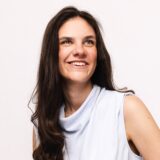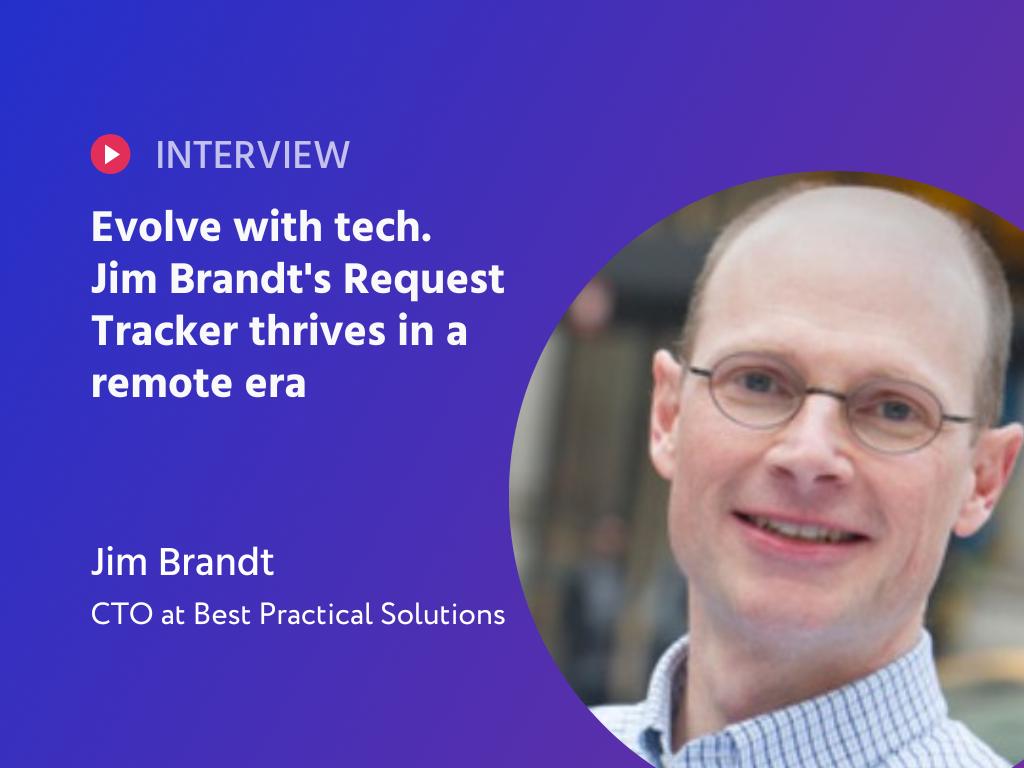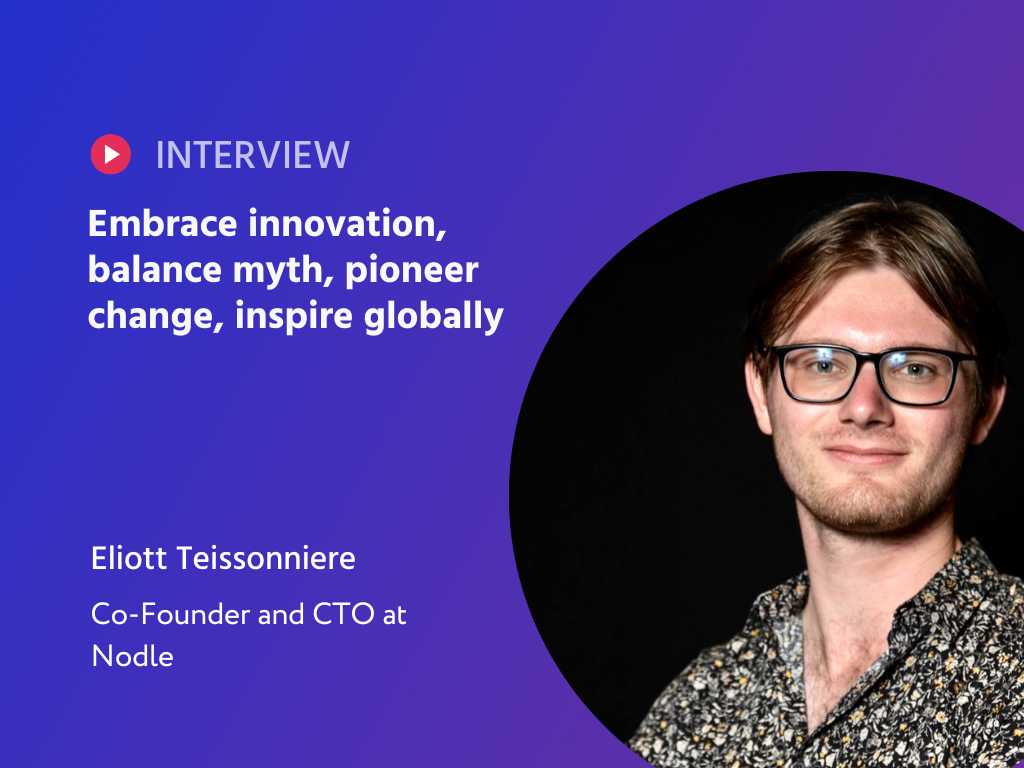In the world of food waste, Katherine Sizov is a force to be reckoned with. As the CEO and Co-founder of Strella, a startup established in 2017, Sizov is on a mission to predict shelf life, reduce food waste, and improve the quality of produce.
But Sizov's path to becoming a pioneer in the fight against food waste was far from predictable. Initially, she was set to pursue a Ph.D. in biology, specializing in neuroscience, during her university days. However, the prospect of spending eight long years behind a lab bench didn't quite seem to fit.
That all changed when she stumbled upon a statistic sure to shock most: a staggering 40% of food goes to waste. Intrigued, Sizov started to investigate the root causes of this waste, and thus, Strella was born.
Childhood Dreams: from Astronaut Aspirations to Biotech Triumph
Reflecting on her childhood dreams, Sizov shared, "As a child, I yearned to be an astronaut, craving the perfect fusion of physical challenges and intellectual stimulation. But as fate would have it, my towering height of 6 feet rendered me incompatible with most military planes or rockets."
While her knowledge of food waste in the early stages was limited, as a first time founder she relied on her instincts to adapt to navigate the not-so-easy waters of entrepreneurship. Sizov emphasizes the delicate balance between trusting intuition and embracing the wisdom of those more knowledgeable, a valuable lesson she continues to learn as Strella flourishes.
When you're a founder, it's crucial to strike a balance between unwavering conviction in your vision, even if others fail to see it at first, and welcoming input from brilliant minds who can challenge your assumptions
From Ripe Revelations to Precise Predictions
Unveiling a shocking truth, Sizov reveals, "Did you know that food sitting on the shelves of grocery stores can be over a year old? This is particularly true for apples in the United States, and to ensure a consistent supply, apples are stockpiled in massive storage rooms for up to a year."
The challenge, she tells, lies in determining the maturity of these apples before they hit the shelves. Suppliers often rely on imperfect data and their experience as growers to make crucial decisions about which apples to send first. Sizov saw an opportunity to revolutionize the system. Their solution: sensors strategically placed inside these storage rooms, which capture the gases emitted by the apples as they ripen—a form of communication among the fruits themselves.
"By intercepting and analyzing these intricate communications, we can decipher the apples' ripeness.
Instead, we provide suppliers with a valuable two-month heads-up regarding quality changes in apples from a specific room."
With this innovative technology, Strella acts as a guardian angel for perishable produce, ensuring minimal waste and enhanced quality throughout the supply chain. However, Sizov's vision extends far beyond apples, as her team explores the broader application of their solution to other commodities and segments of the supply chain.
Revolutionizing the Food Industry: The Avocado Struggle is Real
"Approximately 30% of produce waste can be attributed to just ten specific commodities".
But Strella's approach goes beyond individual items—it tackles the entire supply chain, from the moment apples are plucked from storage rooms to their arrival at retailers.
“Picture this: a retailer receives a black box of perishable products, becoming a participant in a game of hot potato with delicate items. It's an inefficient system that leads to unnecessary waste.”
Inspired by a shocking statistic—40% of food wasted before consumption—Katherine tells of her guilt - one of the motivating factors to create Stella. But guilt was just the tip of the iceberg. The food industry, with its universal language of taste and nourishment, fascinated her, and she sought something greater—a double bottom line impact.
Merely seeking profitability wasn't enough for me - I wanted to contribute positively to our future
Tapping into Nature's Hidden Communications
Over the past five years, Strella's journey has been marked by focused perseverance rather than drastic pivots.
"While the process may not have been glamorous, involving trips to Home Depot and assembling things in undergraduate labs, the core concept remained the same. We aimed to tap into the hidden communications between fruits and vegetables, treating them as living organisms to extract valuable information that could improve their handling."
Hurdles at Every Stretch
From manufacturing and scaling to learning new skills from scratch, Katherine faced hurdles at every turn. One particularly daunting task was hiring the right talent. With a non-tech background in the tech world, Katherine found it challenging to recruit individuals with more technical experience than herself and effectively manage them.
"Even day-to-day experimentation and setting up robust experiments to yield meaningful results posed its difficulties. But I embraced these challenges because they were precisely what I sought when I started."
A True Test of Character: See What Sticks
The year following Strella's Series A funding was a true test for the company. Katherine points to several reasons that made it particularly challenging.
"There was an expectation of exponential growth, scaling by orders of magnitude after securing the funding. That alone presented its difficulties."
"When I started this venture with just a few college graduates and myself, the dynamics were different."
It was more of an experimental approach, throwing things at the wall and seeing what sticks
"But as we expanded and brought in individuals with families, mortgages, and personal lives, the pressure to perform increased significantly. That year was undoubtedly one of the most challenging for me."
A Perfect Match
Amidst these moments of difficulty, Katherine's co-founder relationship began, crossing paths with a too-good-to-be-true match at a networking event for founders - exactly what she went there for.
"I reached out to him, asking if he would be willing to fly five hours to Washington State to help install some devices as a favor, he agreed and performed the task, surpassing even what I could have done.”
From that moment, their partnership was born and thrives to this day.
Katherine's Odyssey in Leadership and Hiring
In the fast-paced world of entrepreneurship, Katherine told how success often hinges on the convergence of fortunate events. She tells how moving at the right speed and immersing oneself in the right environments can foster serendipitous moments that shape the trajectory of a startup.
Sometimes, it's simply a matter of chance
But for Katherine, the true reward lies in the incredible team she has assembled. Working alongside a group of who she believes are exceptional individuals; she finds it the greatest challenge and the most fulfilling experience.
I see us embarking on an ancient Greek journey, akin to Odysseus, on a giant boat. Each person possesses unique skills that contribute to overcoming various challenges, much like the mythical hero facing Medusa's head
As Katherine reflects on her own journey, she imparts an important lesson she has learned: we all start with a blank slate, and it is our experiences that shape us. When hiring, she seeks out talented and autonomous individuals who can contribute to the leadership of the team.
Breaking Barriers: A Female CEO
The statistics surrounding female representation in the tech industry are cause for concern. Katherine believes that cultural influences and differing expectations placed on girls and boys contribute to the significant lack of female tech CEOs and VC-backed female-founded companies.
"Personally, growing up in a technically inclined environment fostered my interest in the field. But I would love to see more female founders and women in agriculture, as the industry tends to be homogeneous in terms of age and gender."
Katherine has encountered experiences that, perhaps, would not have occurred if she were male. However, she views any attention received as an opportunity to pitch her valuable ideas.
Regardless of someone's motives, if they are listening, it's a chance to sell them something valuable
“There is a small percentage of unpleasant individuals out there that we sometimes come across and can’t avoid.”
In her early experiences of Stella, she tells of an investor who made inappropriate requests - an offer in exchange for a date with their son.
“I've also encountered uncomfortable situations where unrelated topics, such as my opinion on abortion, were brought up during sales meetings. However, having a tough skin is important in such situations.”
Success Redefined
Defining success is a challenging question which many answer with difficulty, as a first time founder, Katherine, after 5 years of building a successful business tells how she is still trying to decide what it means for her.
While many people equate success with happiness, I'm not entirely convinced that my entire life is solely optimized for happiness. To me, success means creating a positive impact on humanity, driving progress forward
“My goal is to be involved in the ten commodities that contribute to 30% of the waste. I aim to work with grocery stores, suppliers, importers, exporters, and every player in the supply chain. By doing so, I want to help each of them make better decisions regarding their produce and contribute to improving the overall game of reducing waste.”




